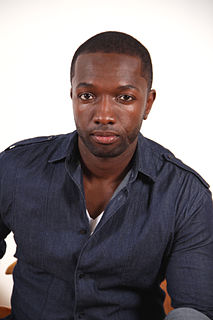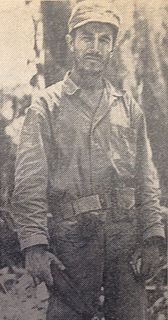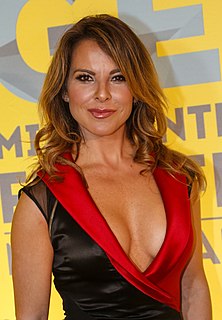A Quote by Alfred Eisenstaedt
I don’t use an exposure meter. My personal advice is: Spend the money you would put into such an instrument for film. Buy yards of film, miles of it. Buy all the film you can get your hands on. And then experiment with it.That is the only way to be successful in photography. Test, try, experiment, feel your way along. It is the experience, not technique, which counts in camera work first of all. If you get the feel of photography, you can take fifteen pictures while one of your opponents is trying out his exposure meter.
Quote Topics
Related Quotes
With photography, everything is in the eye and these days I feel young photographers are missing the point a bit. People always ask about cameras but it doesn't matter what camera you have. You can have the most modern camera in the world but if you don't have an eye, the camera is worthless. Young people know more about modern cameras and lighting than I do. When I started out in photography I didn't own an exposure meter - I couldn't , they didn't exist! I had to guess.
Your first film is always your best film, in a way. There's something about your first film that you never ever get back to, but you should always try. It's that slight sense of not knowing what you're doing, because the technical skills you learn - especially if you have a film that works, that has some kind of success - are beguiling. The temptation is to use them again, and they're not necessarily good storytelling techniques.
I never felt in competition with anybody in war photography. You're lucky to get your ass in and out again. It's as simple as that. It's the easiest photography in the world to shoot somebody who's been shot up. It doesn't take a genius. That's easy. The only thing you need to know is your photography. Get in and if you're lucky get out. And get as close as you can get.
When you're making a film, you don't really have time to consider what the whole of your film is. And then, when you're releasing your film and promoting your film, you're looking at it in a different way. Then, as you move away from it, you start to look at it objectively and think, 'What could I have done better?'
If you need to strap a camera to you or get in a small space, then it makes sense to use digital.I do think it is possible to use a digital camera artistically, but it can only be good if you are using film technique. Film has grain, and digital has pixels, and there is not that much of a difference, but digital does not replace the need to create a scene and light it properly and spend time considering the shot.
Sadly most films only get exposure if they win an award or were in a festival, which is really difficult because those things cost money! Submitting your film to a festival or campaigning for an Oscar or a Golden Globe is very expensive. Most people don't know that, but all those events require a lot of money. If you have a small independent film, it's very hard to get the attention of people in those circles.


































